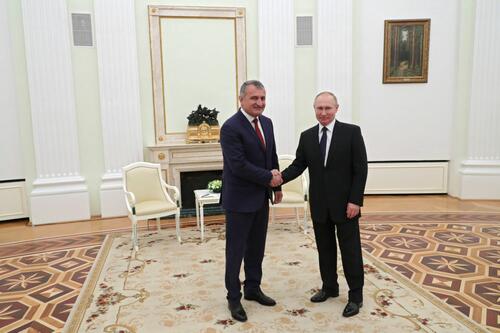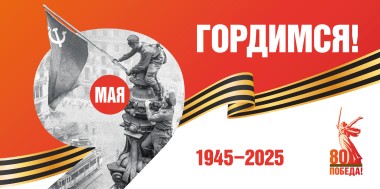Question: On 10 September, the President of Venezuela Hugo Chavez stated that his country recognizes the sovereignty of South Ossetia and Abkhazia. Your comment.
Elbrus Kargiev, Ambassador Plenipotentiary and Extraordinary of the RF in South Ossetia: The statement of Hugo Chavez, the President of Venezuela, on recognition of independence of South Ossetia and Abkhazia – is an important political event.
I had repeatedly stated that the recognition of new South Caucasus states by international community is the process the first stages of which we are facing now.
The development of South Ossetia and Abkhazia as states with developing democracy is giving the grounds to the progressive world leaders to make a similar step forward. It is time to recognize that the peoples of South Ossetia and Abkhazia had suffered through their right to deterime their own fate. Russia and Nicaragua showed this understanding already in August and September last year.
Inal Pliev, political scientist: The recognition of state independence of South Ossetia by Venezuela is an important political and emotional event in the life of our young Republic of South Ossetia. It is worth mentioning that the brave position of Hugo Chavez, the President of Venezuela, and his just policy to meet interests of wide groups of his country's population found a wholehearted response among the population of South Ossetia even before the today's statement. It is more pleasant that our people were not disappointed with this leader whom we liked before.
Today, people are celebrating in South Ossetia. We do not need recognition for the sake of recognition, and we do not need a recognition, which stated under pressure. The recognition is stated on the basis of deep and thorough analysis of the issue, it is полностью добровольное, искреннее и справедливое, оно исходит из страны, it is sincere and just, it comes from the state itself, the people and the President of which enjoys respect in Russia, in South Ossetia and in the whole world.
I would also like to stress that despite the long distance between Venezuela and South Ossetia, our people are close. We are united by our common will for freedom. The people of Venezuela had also made enormous efforts in their struggle for independence. They appreciate justice, they are able to work hard and enjoy their lives. It is pleasant that we have such good friends
Gennady Kokoev, political scientist: This act by the President Hugo Chavez was predicted right after the recognition of independence of these two South Caucasus countries by Russia. So, there is nothing surprising or unexpected in the deeds of this Latin American president. Moreover, the position of Hugo Chavez is even more rational and constructive than position of Europe and the United States, expressed in stiff and active unwillingness to acknowledge the existing realities, namely, the emergence of new states of the world political map. There are no doubts that the process of further diplomatic recognition of RSO and Abkhazia will continue. Based on the approach of left wing states' leaders, it is expected that recognition will follow from Cuba, Bolivia, Ecuador and some countries of Africa and Asia. In meantime, once should note the counterproductive attitude of CIS states, including Byelorussia, which is symbolically considered as a part of the union state with Russia, but in fact, it demonstrated its consumer's interests towards Russia. The motivation of Lukashnko is to preserve favorable situation in economic sphere, and to show even not neutral, but confronting position towards Moscow in the political sphere. A good example of this is the recent decision of the Byelorussian MFA to allow the citizens of Byelorussia to enter South Ossetia and Abkhazia only through Georgia. In fact, this means a practical ban over the visits to Sukhum and Tskhinval. Though one cannot exclude the recognition by Byelrussia, the current position of its leadership does not cause any optimism. As to the Western countries, according to German political scientist Alexander Rahr, they will accept the existing status-quo, since the Georgian is no long a priority topic for Washington and Brussels. Any way, no one is willing to start a new cycle of cold war with Russia because of Georgia, since the relations with Moscow in the perspective of Iran and Afghan problems are more important for the West than the virtual "territorial integrity of Georgia".
Moreover, practically all diplomats and political scientists agree that Tbilisi lost South Ossetia and Abkhazia forever. Hence, the West de-facto recognizes the independence of the young states, however, de-jure they refuse to accept it.
The counterproductive approach is in the fact that recognition of the independence of these new South Caucasus states brought in clarity and stability to the situation in the region. It also excludes the possibility for Georgia to inflict reprisals against South Ossetian and Abkhazian people – an important consequence of diplomatic steps taken by Russia, Nicaragua and Venezuela. One should note the consistent position of these people, their political leadership, which became a basis for recognition of independence.

